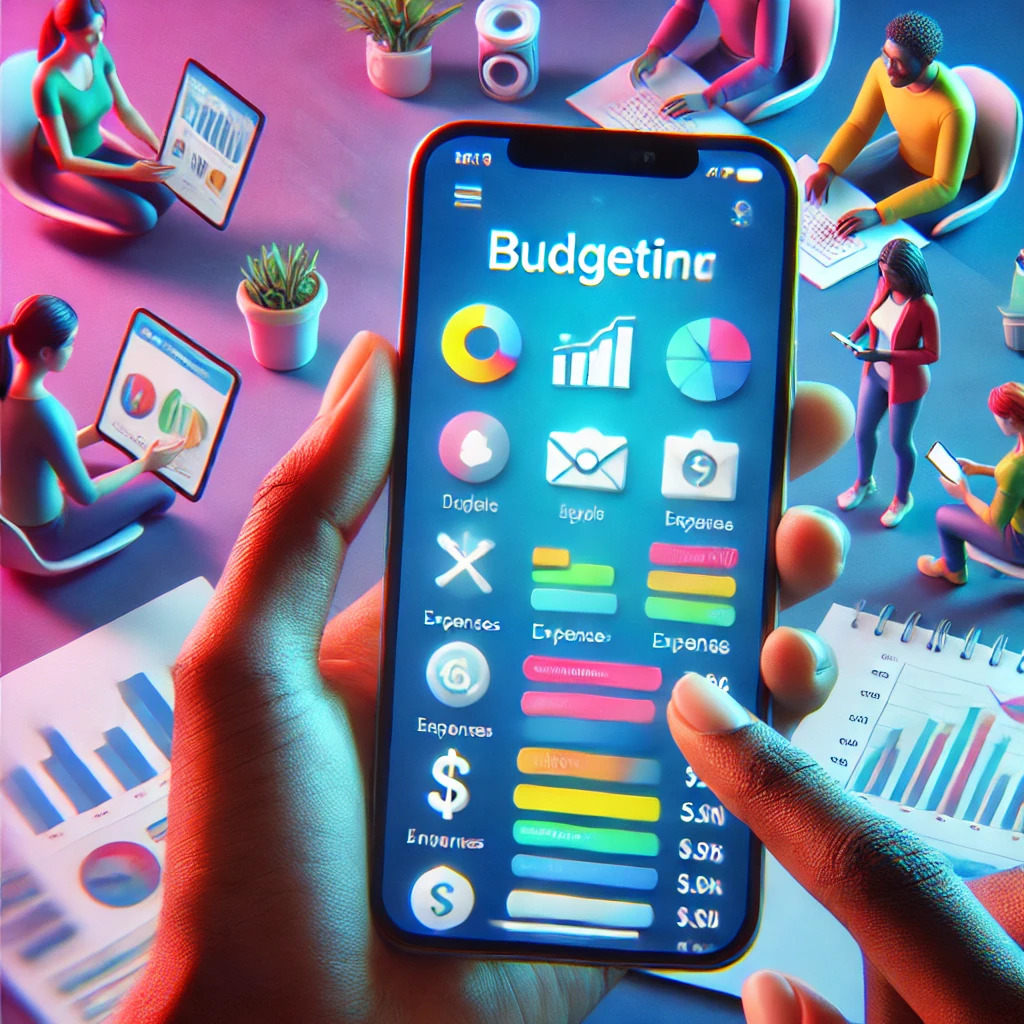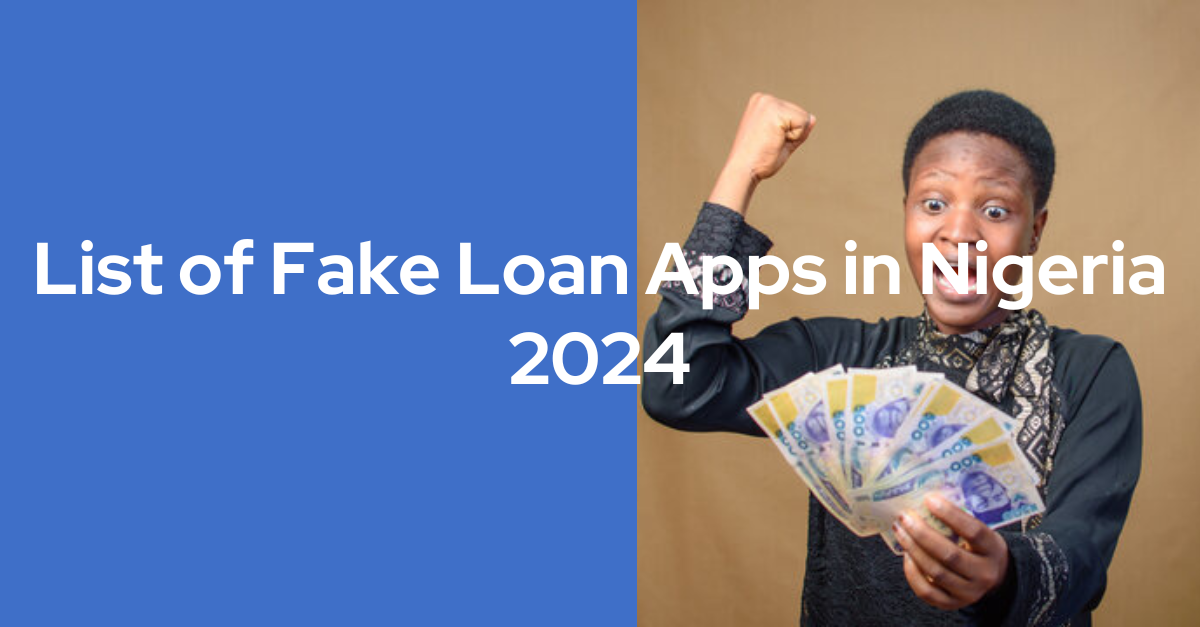Managing your money doesn’t have to be stressful, especially in Nigeria where every naira counts. Budgeting apps can help you track your spending, plan for bills, and save for the future—all from your smartphone. The best part? Many of these apps are completely free. Whether you are trying to cut down on expenses, save for a big purchase, or simply understand where your money is going, a budget app can be your best ally. In this article, we’ll explore the ten best free budget apps to help you take control of your finances as a Nigerian.
Benefits of Budget Apps
Using a budget app has many benefits, especially in Nigeria where financial challenges like rising living costs are common. First, these apps help you understand your spending habits by tracking every purchase, big or small, and help you identify where you might be overspending. With this knowledge, you can make adjustments to save more. Budget apps also help you plan for upcoming expenses like bills, groceries, or special events, so there are no surprises. Plus, many of these apps allow you to set financial goals, so you can work toward saving for things like school fees, home improvements, or unexpected emergencies. Overall, budget apps make money management simpler, faster, and more organized, right from the palm of your hand.
Key Features to Look for in a Budget App
Before diving into the best budget apps, it's important to understand what features you should be looking for. The ideal budget app for Nigerians should:
- Support Multiple Currencies: Since the Nigerian economy is largely cash-based and many people also handle foreign currencies, it’s important that the app can manage both naira and other international currencies.
- Easy Cash Tracking: With a significant percentage of transactions happening in cash, the app should have simple tools to help track cash spending.
- Bill Reminders: Many Nigerians deal with recurring bills such as electricity, rent, and school fees. Good budget apps help set reminders to make sure you never miss an important payment.
- Offline Functionality: Internet connections can sometimes be unreliable, so having an app that works offline is a huge plus.
- Security: Ensuring that your personal financial data is safe is crucial. A budget app should use encryption to secure your information.
Getting Started with Budgeting in Nigeria: A Step-by-Step Guide
Budgeting isn’t just about using an app; it’s also about adopting the right mindset. Here are some simple steps to help you get started:
- Track Your Income: Begin by tracking all your income sources. Whether you’re earning from a full-time job, side hustle, or rental property, make sure you record it.
- List Your Expenses: Categorize your expenses. This includes fixed expenses like rent, bills, and transport as well as flexible expenses like groceries, entertainment, and eating out.
- Set Realistic Goals: Want to save for a new car, your child’s school fees, or an emergency fund? Set specific, achievable goals.
- Stick to Your Budget: It can be tempting to stray from your budget, but try to stick with it as much as possible. Discipline is key to financial freedom.
1. Mint
Mint is one of the most popular budgeting apps out there. It connects to your bank accounts, tracks spending, and helps you set budgets. You can also see your credit score for free. While it's widely used in the United States, Nigerians can use it manually by entering expenses to track spending.
2. YNAB (You Need a Budget)
YNAB is great for people who want to take control of their finances. It helps you give every naira a job and plan for future expenses. Although YNAB has a paid version, the free trial is a great way to get started and understand the value of budgeting.
3. Goodbudget
Goodbudget uses the "envelope method," which is great for cash-based budgeting, which many Nigerians prefer. You split your money into envelopes, and each envelope has a purpose. It's perfect for families wanting to plan their expenses together.
4. PocketGuard
PocketGuard helps you avoid overspending by showing you what you have left "in your pocket" after bills and savings. It also tracks your bills and finds ways to lower them. While bill tracking may be more suited for Western countries, you can still benefit from PocketGuard's budget management tools.
5. EveryDollar
EveryDollar is simple and effective. It helps you create a budget in minutes, track spending, and plan your money. The basic version is free, making it easy to try for anyone in Nigeria looking to start budgeting without complication.
6. Wally
Wally is a sleek app for tracking your expenses and budgeting. It supports multiple currencies, including the Nigerian Naira, making it very useful for Nigerians. The free version has most of what you need to manage your finances.
7. Fudget
Fudget is easy to use and helps you make simple lists of income and expenses. There are no extra features that complicate things, just basic budgeting—perfect for those in Nigeria who want something straightforward.
8. Spendee
Spendee helps you track your cash and bank expenses in one place. You can also create shared wallets, which makes it great for households or for pooling money during events like weddings or parties, which are common in Nigerian culture.
9. Money Manager
Money Manager is easy for anyone to use. It has features like transaction history and spending summaries, but it's simple enough for beginners. Its cash management features are ideal for those in Nigeria who often rely on cash transactions.
10. Monefy
Monefy helps you track spending in a visual way. You enter expenses quickly, and it has colorful charts to show you where your money goes. It is a great option for Nigerians who want an easy-to-use app that makes budgeting more engaging.
Tips for Making the Most Out of Budget Apps
Using a budget app is a great start, but how can you maximize its effectiveness? Here are a few tips to make sure you get the most out of your chosen budget app:
- Update Regularly: Make sure you log your income and expenses as soon as they happen. Consistent updates mean you always have a clear picture of your financial status.
- Categorize Expenses Correctly: Most budget apps allow you to categorize your expenses. Correctly tagging each expense will help you understand where your money is going and make more informed decisions.
- Set Reminders: Take advantage of built-in reminders to pay bills on time and avoid late fees.
- Stick to Spending Limits: Create spending limits for each category, such as groceries or transportation, and challenge yourself to stick to them.
- Review and Adjust: At the end of each month, review your budget. See where you did well and where you can improve. Budgeting is a continuous learning process, and it takes some tweaking.
Conclusion
Budget apps are a simple yet powerful way to manage your money in Nigeria. From keeping track of daily spending to helping you achieve your long-term financial goals, these apps can do it all without costing you a cent. The key is to find the one that best suits your needs and lifestyle. Download a few, try them out, and see which one makes managing your money easier. Remember, financial stability starts with a solid understanding of where your money is going. With these apps, you can ensure every naira is put to good use, helping you secure a better financial future for yourself and your family.
The road to financial freedom starts with small steps, and using budget apps is a great first move. Whether you're saving for an emergency fund, trying to cut back on unnecessary expenses, or planning for a major life event, these tools provide you with the resources and structure you need. Take control of your finances today, and watch as each little step brings you closer to your goals.






20
Reply20
Reply20
Reply20
Reply